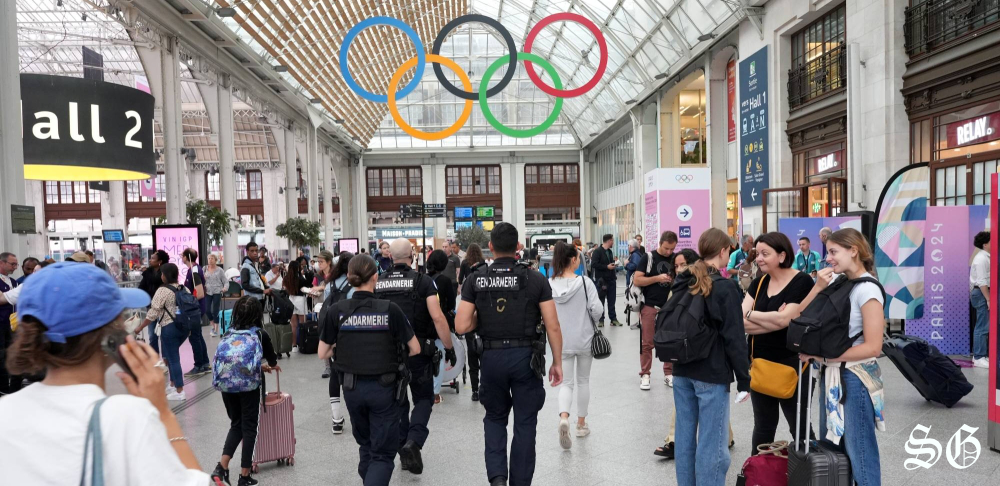Table of Contents

Balancing Security and Rights: The Expanding Use of MICAS Orders in France
Use of Preventative Measures
MICAS orders, introduced under France’s 2017 anti-terror law, aim to prevent potential threats by restricting individuals’ movements without requiring criminal convictions. While intended to enhance public safety, they raise concerns about predictive justice and potential overreach.
Impact on Individuals
Khaled’s case illustrates the personal and professional disruptions these measures can cause. His inability to enroll in college due to restrictions demonstrates how such orders can derail lives, even in the absence of criminal charges or evidence of wrongdoing. The associated stigma may also have lasting effects on career and social integration.
Judicial Oversight and Accountability
Courts have annulled or modified many MICAS orders, citing insufficient evidence or disproportionate restrictions. The recent increase in successful appeals suggests greater scrutiny or that these measures are being applied to weaker cases.
Widening Application
The broadening use of MICAS orders, including targeting individuals based on associations or vague intelligence, raises concerns about fairness and due process. Critics argue that individuals are increasingly being penalized for their networks or casual acquaintances rather than any concrete actions.
Human Rights Concerns
Legal experts and human rights advocates warn of potential abuses, especially against refugees and minority groups. The lack of robust fair-trial safeguards increases the risk of arbitrariness and discrimination in applying these measures.

Political and Social Context
The expansion of security measures reflects a response to past terrorist attacks and political pressures, including the rise of far-right sentiment. Incidents like the Strasbourg Christmas market shooting and the Magdeburg car-ramming attack underscore the genuine threats these measures aim to address, complicating the debate.
Broader Implications
For France
The use of MICAS orders in controversial cases could influence public trust in security policies and perceptions of justice.
For Europe
Other nations may look to France’s example, especially as they face similar security challenges at high-profile events or locations.
For Refugees and Minorities
Cases like Khaled’s could deepen feelings of alienation and mistrust, making integration and social cohesion more difficult.
Next Steps
- Clearer criteria for imposing MICAS orders and greater transparency in the use of intelligence could help balance security with individual rights.
- Providing support for affected individuals, such as legal assistance or alternative educational opportunities, may reduce the unintended consequences of these measures.